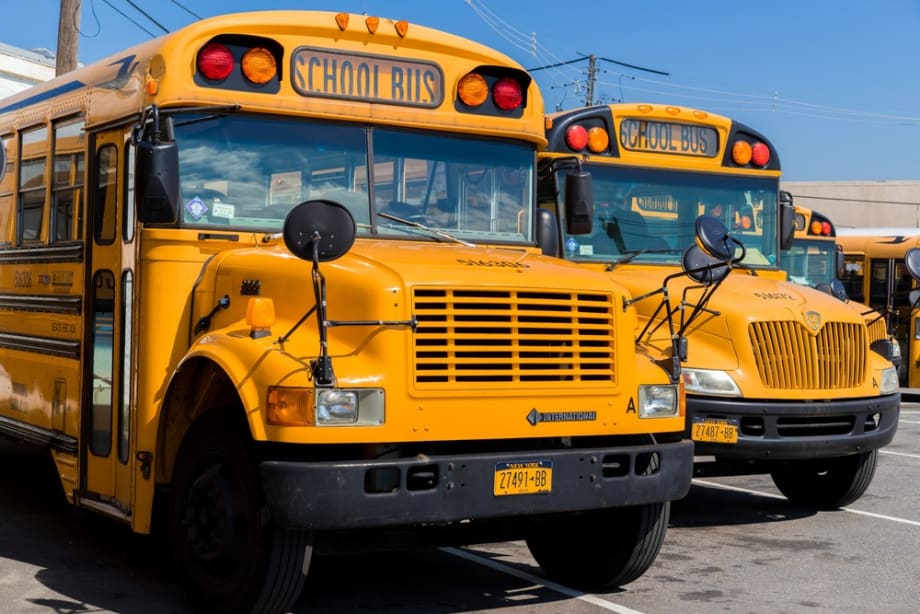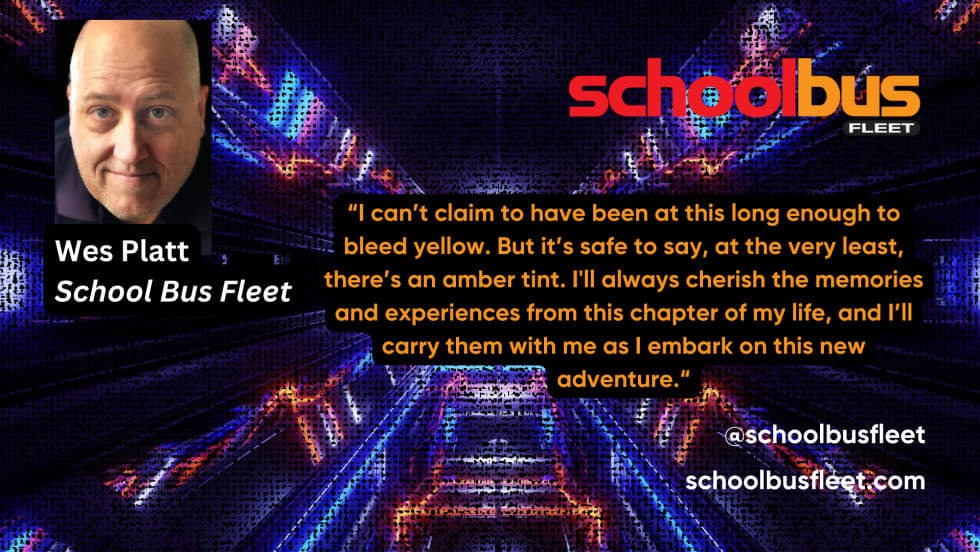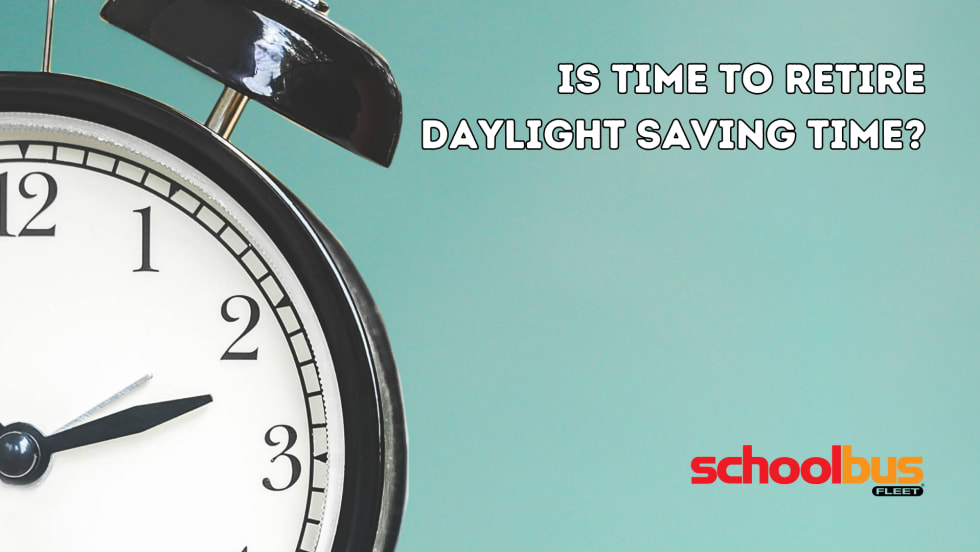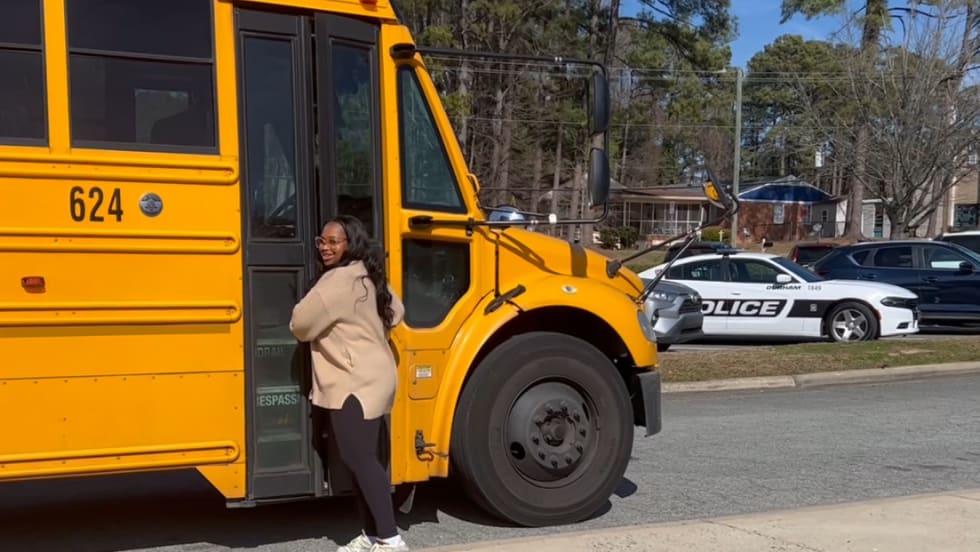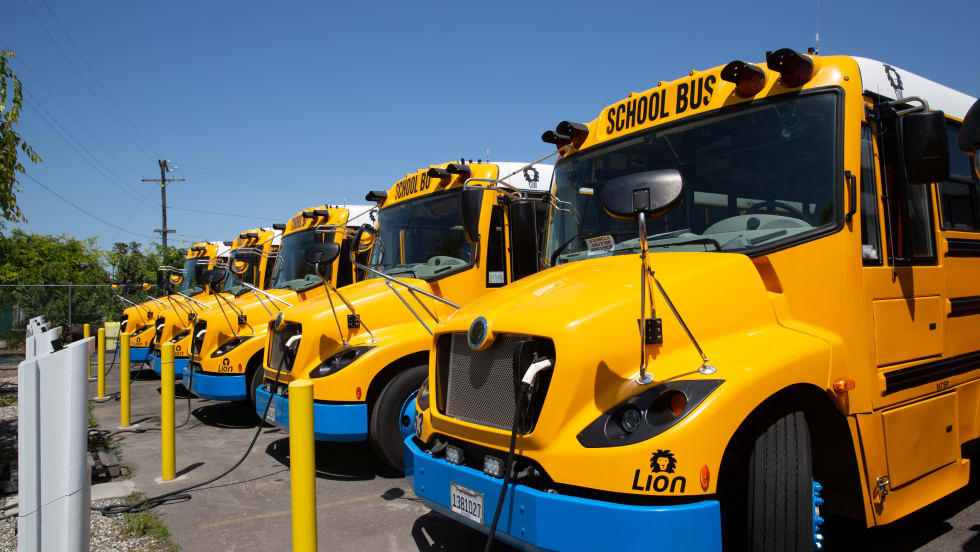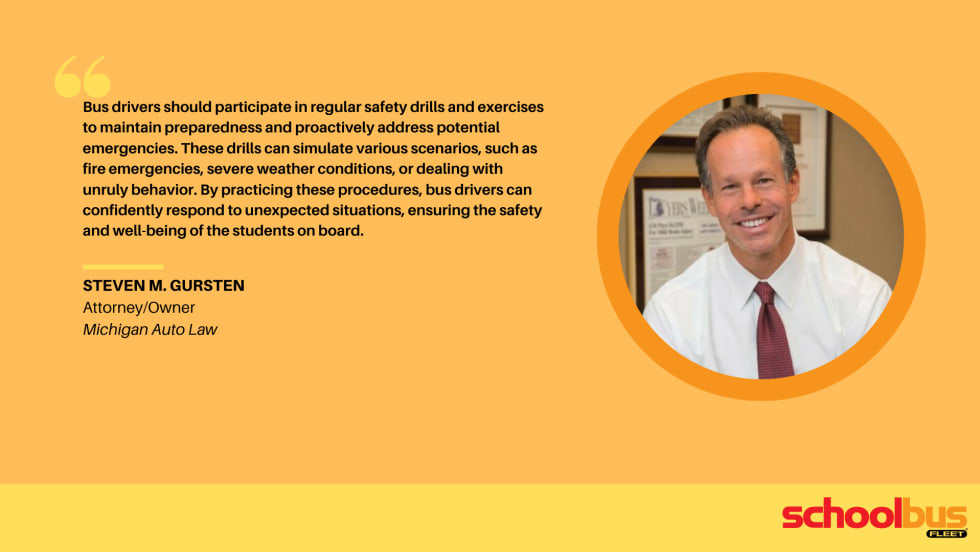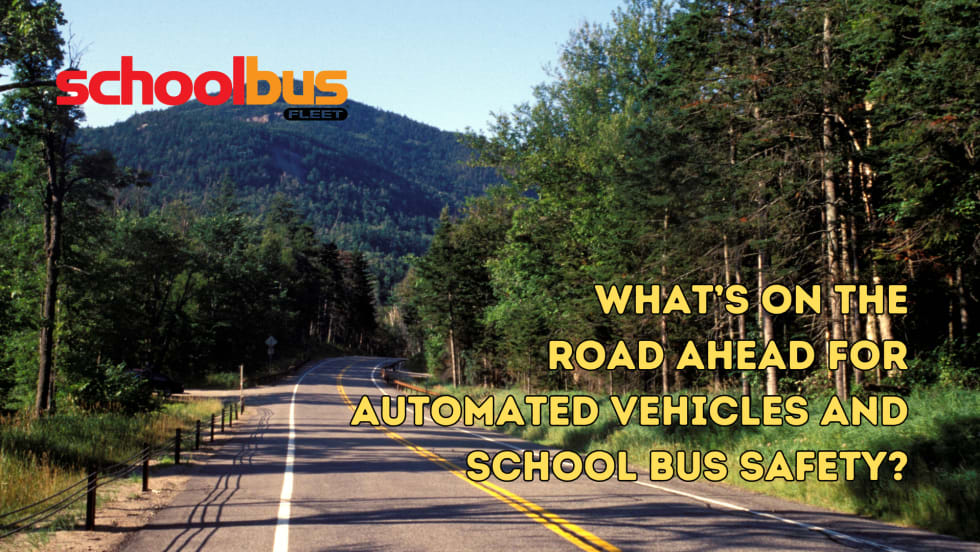
Many school bus companies across the state and country have reached out to me about the perils of the COVID-19 crisis and what has happened to their businesses. Mass layoffs have taken place. Shops have completely ceased operations. Many customers are refusing to pay their contractors, and thus, have left school bus companies with no revenue, no employees, and no way to continue to provide the many services behind the scenes that are needed to comply with a transportation contract.
Just this week, an additional 4,000 school bus employees in New York were laid off. That number will continue to grow. There are 125,000 school bus employees in New York state alone. Private contractors make up 63% of that number. The state of New York’s education system is predominantly privately contracted services. There are 2.2 million students statewide who ride the school bus. Why has this payment issue not been treated with the severity and understanding it deserves?
School districts have told private school bus contractors that they cannot pay them under their contracts for multiple reasons, but two have been the most prevalent: first, they are not contractually obligated to pay and payment can be seen as a gift of public funds and second, the bus contractors are no longer providing services to the school districts. Let me rebut both of these ill-informed district talking points so that you may use them in your fight to be paid.
Attorneys have been doing significant research on what the school districts have said regarding payment being seen as a gift of public funds. Here is what they have come up with:
In New York state’s Constitution Article 8, Section 1, which precludes school districts from making payments that could be considered “gifts” does not apply to this situation. New York case law interpreting and applying the provision makes clear that it does not apply to a school district’s contractual payment obligations for bus services. See Niagara County v. Levitt, 97 Misc. 2d 421, 425 [Sup. Ct., Erie County 1978] [municipal expenditures for public transportation do not conflict with New York state constitution].
I agree with the above statement, and do not believe there is a valid constitutional argument. Consult with your attorneys, but this is a positive development in our discussions on how ill-informed the school districts are regarding this statement.
Now, moving on to the service dilemma — this is a common misconception of the school bus industry. School bus companies provide many more services than just "transportation" services. This industry maybe extremely narrow, but it runs miles deep. The laymen’s naiveté does not know the myriad of compliance, qualification, and regulatory hoops school bus contractors must go through before that bus gets on the road to even provide the "transportation services." These drivers and buses must be the safest people/vehicles on the road to transport our precious children.
Let’s dive into that. Before a school bus goes on the road, the following needs to happen:
• Drivers and matrons [monitors/aides] must complete their article 19-A medical examination report, state Department of Transportation (DOT) physicals, article 19-A road test, blood pressure/diabetes follow-ups, pass physical performance testing, annual and monthly abstracts (driver records), CPR and first aid certification, 13 county background checks, and other courses regulated by the New York State Education Department.
• Mechanics must maintain the vehicles in accordance with the MC300 so that the vehicle can receive a passed inspection sticker from New York State Department of Transportation. This inspection is conducted twice a year.
How are the above regulatory compliance requirements not services provided to the school districts? If these are not done, there is no transportation service to be provided.



